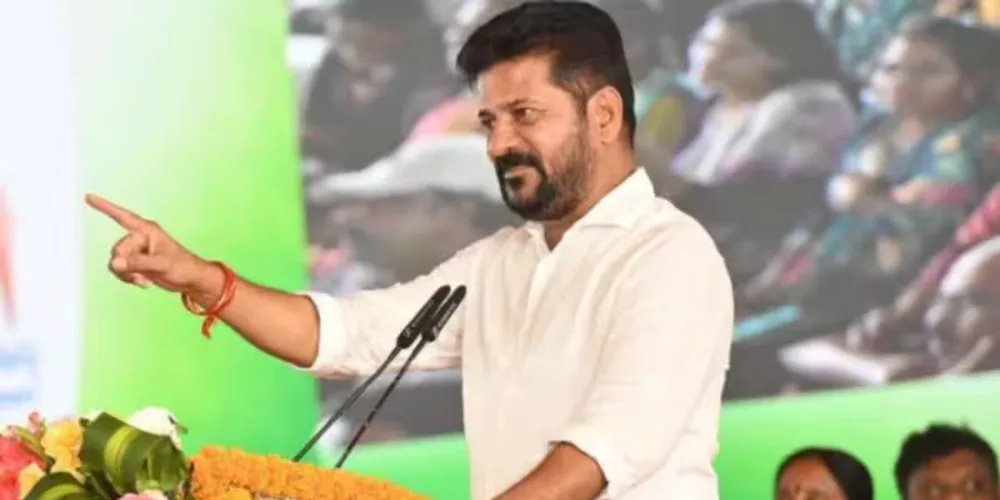Telangana Chief Minister Revanth Reddy has reaffirmed his government’s commitment to increasing reservations for Other Backward Classes (OBCs) to 42%. This move, aimed at providing greater social and economic justice, has sparked discussions across political and social circles. While OBC communities have welcomed the announcement, political opponents and legal experts are debating its feasibility and potential challenges.
A Push for Greater Social Justice
CM Reddy has emphasized that enhancing OBC reservations is a step toward ensuring equitable representation in education and employment. According to him, the existing quotas do not adequately reflect the population strength of OBCs in Telangana, leaving many deserving individuals deprived of opportunities.
His government plans to introduce necessary policy changes to make this expansion possible. Reddy has also assured that legal experts are being consulted to ensure that the increased quota withstands judicial scrutiny. The move aligns with the Congress party’s broader promise of social inclusion and upliftment of marginalized communities.
Challenges and Legal Complexities
While the announcement has been welcomed by OBC groups, it faces significant legal and administrative hurdles. The Supreme Court has set a 50% ceiling on reservations in government jobs and educational institutions, making it difficult for any state to introduce changes beyond this limit without constitutional amendments.
Telangana already has reservations for Scheduled Castes (SCs), Scheduled Tribes (STs), and Economically Weaker Sections (EWS). Increasing OBC quotas to 42% could push the overall reservation percentage beyond the legal limit, potentially leading to legal challenges. However, some states like Tamil Nadu have exceeded the 50% cap through special provisions, setting a possible precedent for Telangana to follow.

Political Reactions and Implications
The opposition has accused the Telangana government of making populist promises without a concrete roadmap. They argue that increasing reservations without legal backing could mislead the public and create false expectations. Some critics claim that this move is politically motivated, aimed at consolidating OBC votes ahead of elections.
On the other hand, supporters see this as a necessary step toward social justice. OBC organizations and community leaders have expressed their support, urging the government to implement the changes as soon as possible. The ruling party hopes that fulfilling this promise will strengthen its political standing among OBC voters, who form a significant portion of Telangana’s electorate.
Conclusion
CM Reddy’s commitment to increasing OBC reservations to 42% has sparked both hope and controversy. While the move is being hailed as a step toward empowerment, legal and political challenges could complicate its implementation. The Telangana government will need to navigate constitutional hurdles and opposition criticism to turn this promise into reality. How this unfolds will be crucial in shaping the state’s political and social landscape in the coming months.



